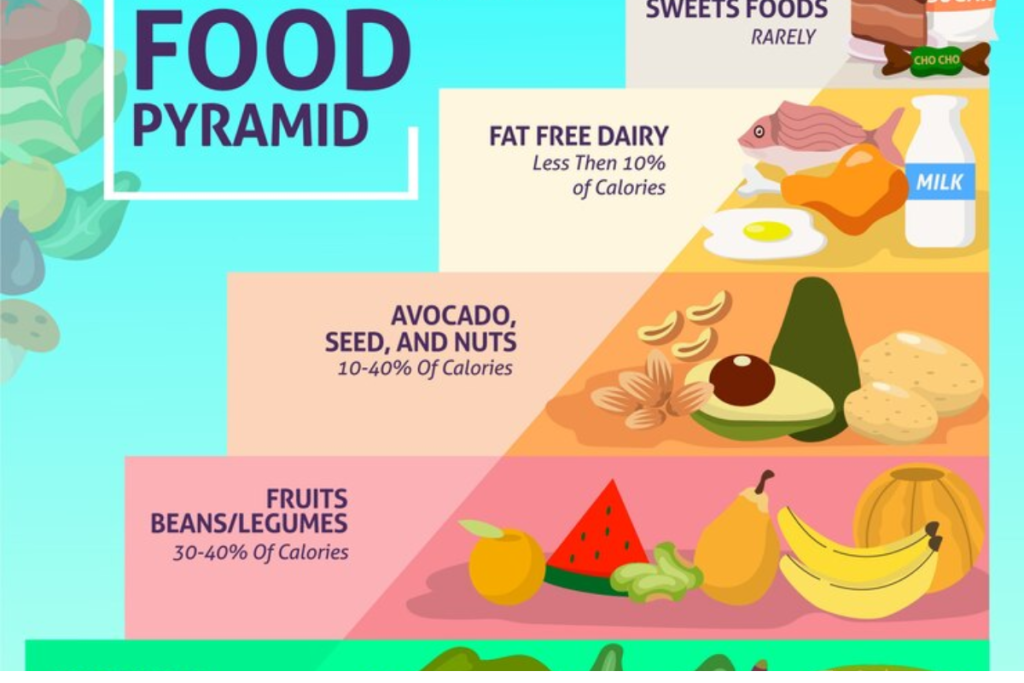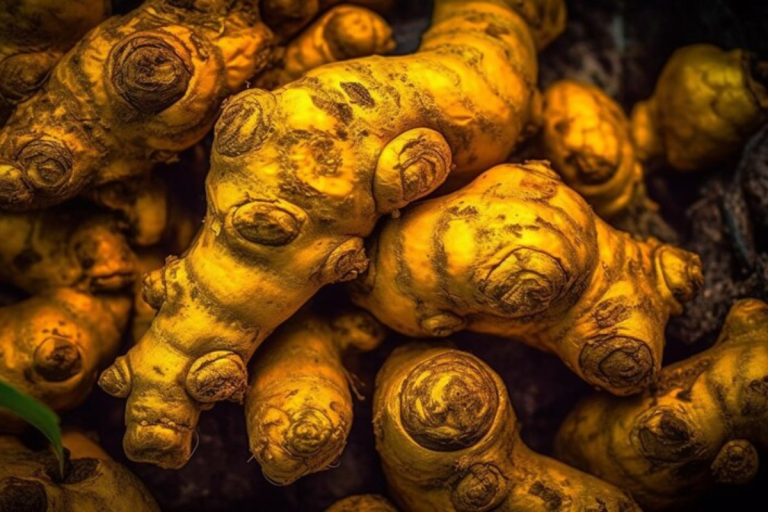Introduction to Jerusalem Artichokes
Jerusalem artichokes, often called sunchokes, are a fascinating root vegetable with a misleading name—they aren’t related to artichokes or Jerusalem! These tubers come from a sunflower-like plant native to North America. Their tall stalks and bright yellow flowers make them a beautiful addition to gardens, while their ability to attract bees makes them a favorite among gardeners looking to support pollinators. If you’re planning a bee-friendly garden, planting Jerusalem artichokes is a smart choice that benefits the environment.
Not only are they good for bees, but Jerusalem artichokes are also packed with fiber, vitamins, and minerals, making them a healthy choice for meals. Their nutty, slightly sweet flavor is perfect for roasting, soups, or even raw salads. However, they come with a warning—they can cause digestive discomfort if not prepared properly. Whether you grow them for their beauty or their versatile tubers, Jerusalem artichokes are a fantastic addition to gardens and kitchens alike. Long-tail keywords: “What are Jerusalem artichokes,” “how Jerusalem artichokes help bees.
Why Jerusalem Artichokes Are Loved By Bees
Jerusalem artichokes, or sunchokes, are not just loved by gardeners—they’re also adored by bees! These plants grow tall and produce bright yellow flowers that resemble sunflowers, making them a magnet for bees. Bees are drawn to their vibrant blooms because they provide plenty of nectar and pollen, which are essential for feeding the hive and producing honey. By planting Jerusalem artichokes, you’re creating a valuable food source for pollinators, especially during late summer and early fall when flowers can be scarce.
Read More: High Tunnel Hoop House VS: Greenhouse: Which Is Right For You
Supporting bees is crucial because they play a big role in pollinating plants that produce fruits and vegetables we eat every day. Plus, since Jerusalem artichokes are easy to grow and thrive in most gardens, they are a simple way to make your garden more bee-friendly. Adding these plants helps pollinators and brings natural beauty to your space. Long-tail keywords: “how Jerusalem artichokes attract bees,” “bee-friendly flowers in gardens.”
Nutritional Value and Culinary Uses

Jerusalem artichokes, also called sunchokes, are a powerhouse of nutrition and a tasty addition to meals. These tubers are rich in fiber, especially inulin, which supports healthy digestion and feeds good gut bacteria. They’re also packed with vitamins like vitamin C and B-complex, along with minerals such as potassium, iron, and magnesium, making them great for boosting energy and heart health. In the kitchen, Jerusalem artichokes are incredibly versatile. Their nutty, slightly sweet flavor works well in many dishes.
You can roast them like potatoes, add them to soups for a creamy texture, or slice them thinly for a crisp, fresh salad. Some people even enjoy them raw for their crunchy texture. However, their inulin content may cause gas for some, so it’s best to introduce them slowly into your diet.
Growing Jerusalem Artichokes in Your Garden
Growing Jerusalem artichokes in your garden is simple and rewarding, even for beginners. These hardy plants thrive in many soil types and need minimal care. They grow best in sunny spots with well-drained soil. To get started, plant the tubers in early spring, placing them about 4-6 inches deep and a foot apart. Once planted, they quickly sprout tall stalks with beautiful sunflower-like blooms. These flowers not only brighten up your garden but also attract bees, making Jerusalem artichokes an excellent choice for pollinator-friendly spaces.
As low-maintenance plants, Jerusalem artichokes are drought-tolerant and grow vigorously, often producing an abundance of tubers. However, they can spread quickly, so it’s a good idea to plant them in a contained area or use barriers to control their growth. Harvest the tubers in late fall, after the first frost, when they are sweetest. Whether you grow them for their flowers or their delicious tubers, Jerusalem artichokes are a great addition to any garden.
Environmental Impact of Jerusalem Artichokes

Jerusalem artichokes have a remarkable positive impact on the environment, making them an excellent addition to eco-friendly gardens. These plants improve soil health by preventing erosion and enriching the soil with organic matter through their extensive root systems. Their tall stalks and sunflower-like blooms provide a natural habitat for pollinators like bees, supporting biodiversity in your garden. Jerusalem artichokes are also drought-tolerant, requiring less water than many other crops, making them a sustainable choice for areas with limited rainfall.
While their benefits are undeniable, Jerusalem artichokes’ vigorous growth can sometimes pose a challenge. They spread quickly and can become invasive if not managed properly. To prevent this, plant them in a controlled space or use barriers to contain their growth. With responsible planting, you can enjoy the many environmental advantages these plants offer, from supporting pollinators to reducing water usage.
Conclusion
In conclusion, Jerusalem artichokes are a remarkable plant that benefits both humans and the environment. Loved by bees for their vibrant flowers and rich nectar, these plants support pollinator populations and add beauty to any garden. As a nutritious and versatile root vegetable, Jerusalem artichokes offer a delicious option for healthy meals, packed with fiber, vitamins, and minerals. However, they do come with a warning—introducing them slowly into your diet and preparing them correctly can help avoid digestive discomfort caused by their inulin content.
Growing Jerusalem artichokes is simple, even for beginners, as they thrive in various conditions and require little maintenance. With proper management, you can prevent their rapid spread while enjoying their many advantages. Whether you’re planting them to help pollinators, improve your garden, or enjoy their tasty tubers, Jerusalem artichokes are a rewarding addition to any home or garden.
FAQ’s
- What are Jerusalem artichokes?
Jerusalem artichokes, also called sunchokes, are a root vegetable from a sunflower-like plant, rich in fiber and nutrients. - Why do bees love Jerusalem artichokes?
Their bright yellow flowers provide nectar and pollen, attracting bees and supporting pollination. - Are Jerusalem artichokes healthy to eat?
Yes, they are packed with fiber, vitamins, and minerals, making them a nutritious addition to meals. - Can Jerusalem artichokes cause digestive issues?
Yes, their inulin content can cause gas for some people. Proper preparation helps reduce discomfort. - How do I grow Jerusalem artichokes?
Plant tubers in early spring in sunny, well-drained soil. They require minimal care but can spread quickly.

